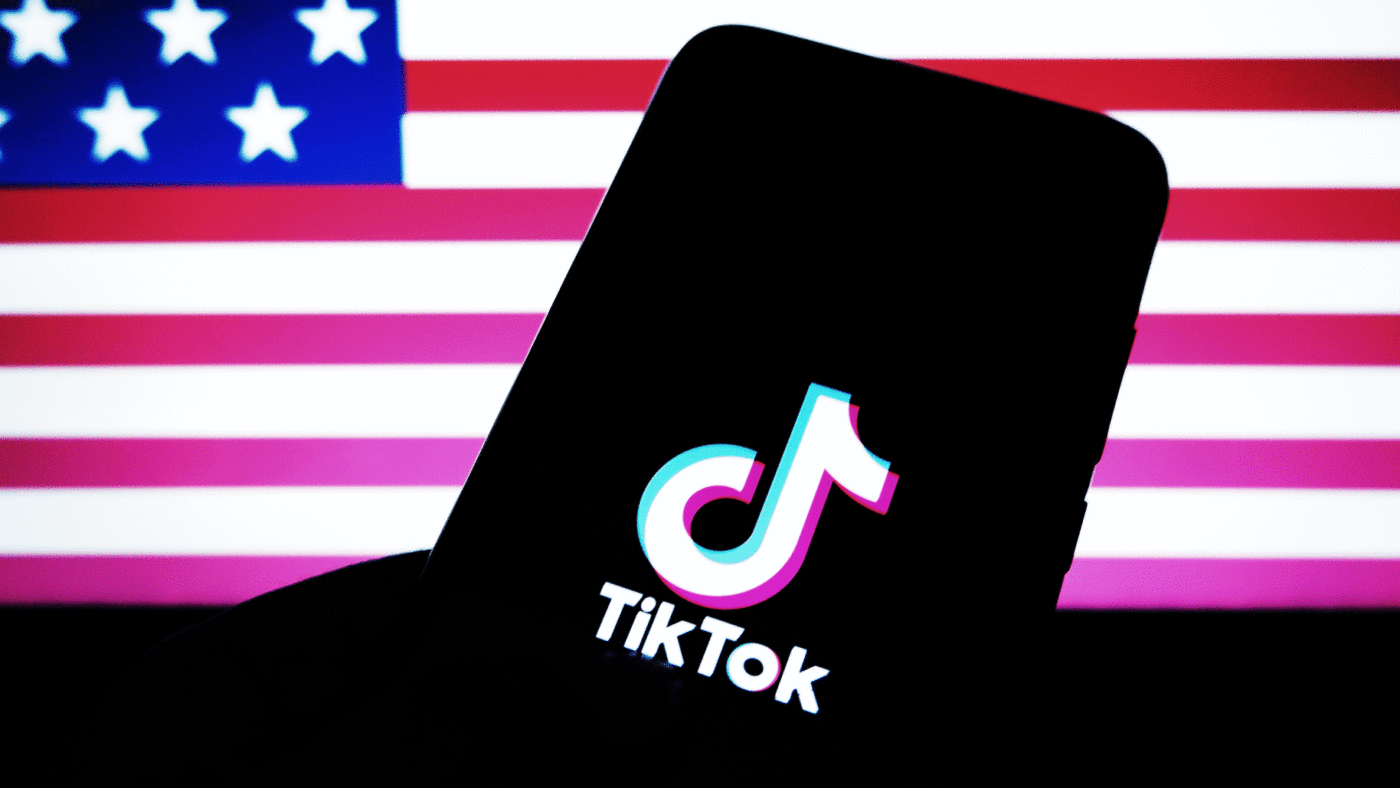TikTok is safe on US soil – for now at least. During last week’s turmoil, the clock was still ticking: the Chinese-owned social media app was supposed to be banned yesterday, but the Commerce Department has granted a stay of execution. The dance goes on, even if it looks like Donald Trump’s presidency is coming to an end.
The mooted TikTok ban was just another volley in the Trump administration’s machinegun technology policy, and it’s easy to think that 20 January will see an about turn in the White House. Presidency by Twitter tirade will give way to good old-fashioned civility. While for many Joe Biden’s win is cause to dream, the 46th Presidency could end up feeling like a recurring nightmare for big tech. Trump has spent months haranguing social media executives, threatening regulation of US-based networks and bans of Chinese platforms. But though the tone will change in January, the thrust might not: Biden is no great fan of big tech either.
“REPEAL SECTION 230!!!”, tweeted President Trump on 6 October. Furious that Twitter was labelling his Tweets as disputed, he was striking at the foundational principle of social media. Section 230 – the so-called 26 words that created the Internet – states that platforms aren’t liable for what their users post. They are able to let us post or share whatever we like, safe from being sued for providing us with the means to do so. Without 230, social media as we know it would be impossible.
And though one President may be giving way to another, the White House’s position on 230 may not change much. Biden too has both spoken out against Section 230 of the Communications Decency Act. Speaking to the New York Times in January 2020, he compared editorial practices at the paper with those at Facebook: “There is no editorial impact at all on Facebook. None. None whatsoever. It’s irresponsible. It’s totally irresponsible.” And his proposed solution will be familiar: “Section 230 should be revoked, immediately should be revoked, number one.” Neither Trump nor Biden like the idea that the sovereignty of the President is being challenged by some “little creeps” in California.
Section 230 worries the two men for different reasons. Trump blames social media for censoring conservatives, a common talking point in rightwing circles as their figureheads are removed from platform after platform for breaking terms of service. Biden’s argument is more familiar in Europe and the UK: that big platforms are vectors for harm and disinformation.
The difference between these positions is profound. The change in emphasis will be most keenly felt in the new ‘alt-tech’ world of Gab and Parler, whose user bases have been growing rapidly in recent months. In these spaces, rightwing voices reign supreme, but these ‘zero censorship’ platforms have come under heavy fire for hosting extremist and violent far right content. They will be in Biden’s crosshairs; they didn’t bother Trump.
Ironically, repealing Section 230 would likely harm these smaller platforms more gravely than their multi-billion-dollar older siblings. A philosophical commitment to hosting extreme content and neither a will nor a way to police themselves at scale will make them the target of hungry lawsuits if protections are removed. Even for us in the UK, a Section 230 repeal doesn’t really chime: Online Harms regulation on this side of the pond tends to focus on legal duties on platforms to make systems-level change to reduce the risks of harm – rather than making them liable for every single falsehood spread online.
It isn’t just the old guard that has felt the pressure of Trump’s presidency, either. TikTok – a Chinese-owned all-singing all-dancing app with nearly a billion users around the world, the majority under 20 and many under 18 – and the all-purpose WeChat App were both subject to executive orders blocking them from operating in the US. The decision was taken on the grounds that the apps risked the personal data of US citizens being passed to the Chinese government, though the clock struck midnight and the platform remains active. The post-election limbo has muddied everything, so much so that until yesterday TikTok didn’t even know if its operations were going to be legal or not.
This doesn’t mean that TikTok is in the clear. Biden has also said that the security implications of TikTok operating in the US are a matter of genuine concern, and that it will be reviewed when he takes office. No US President wants to be seen to be backing down to China.
What Biden does care about, though, in stark contrast to Trump, is multilateralism, and the promotion of a liberal international order. That might mean we see even more attempts to disrupt the distribution of Chinese-owned apps: to push back against a model of the internet that denies individual privacy and systematises state censorship. What a post-Brexit UK should be on the lookout for, though, is an offer of cooperation. Any UK efforts to regulate the online world would be infinitely strengthened if joined by the government which controls Silicon Valley. 2020 has seen the pressure building on the big platforms: 2021 could be the year things really do change.
Click here to subscribe to our daily briefing – the best pieces from CapX and across the web.
CapX depends on the generosity of its readers. If you value what we do, please consider making a donation.


